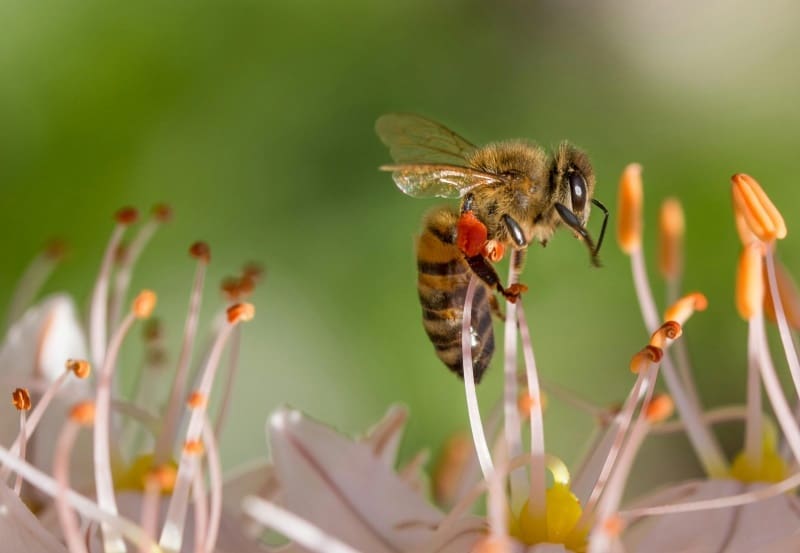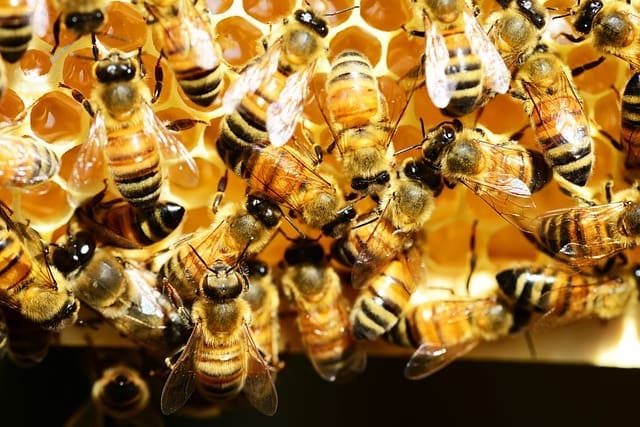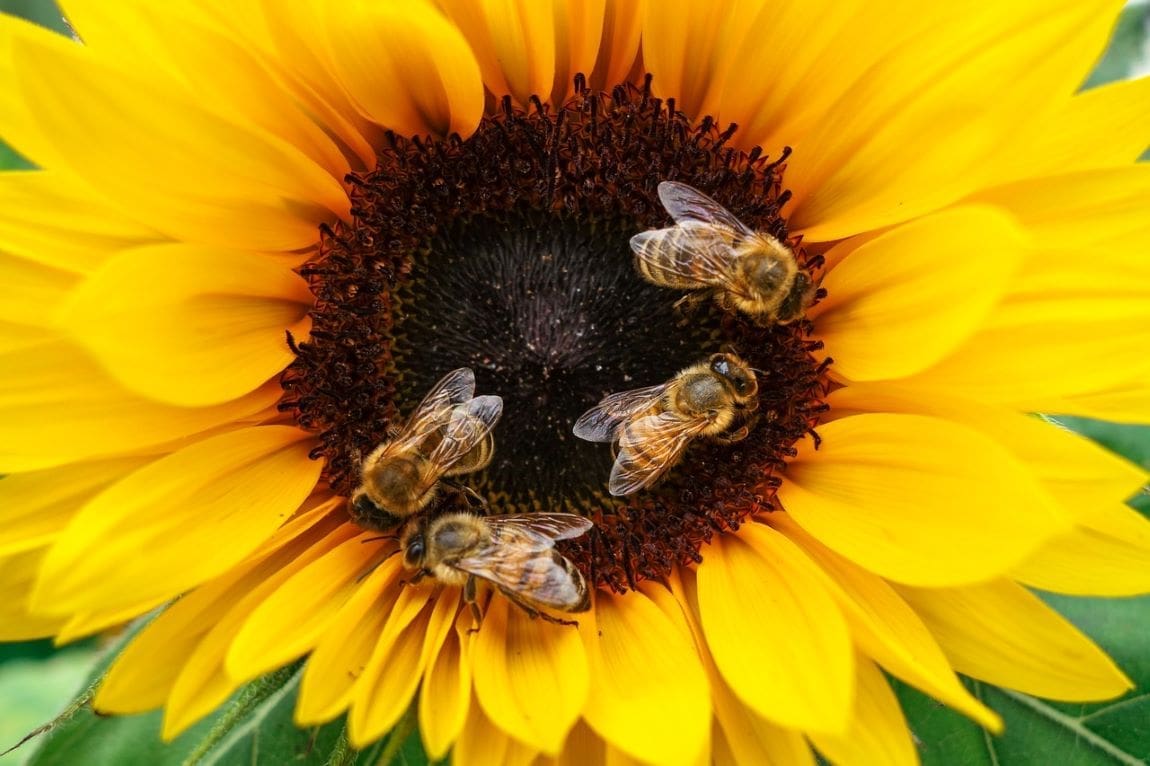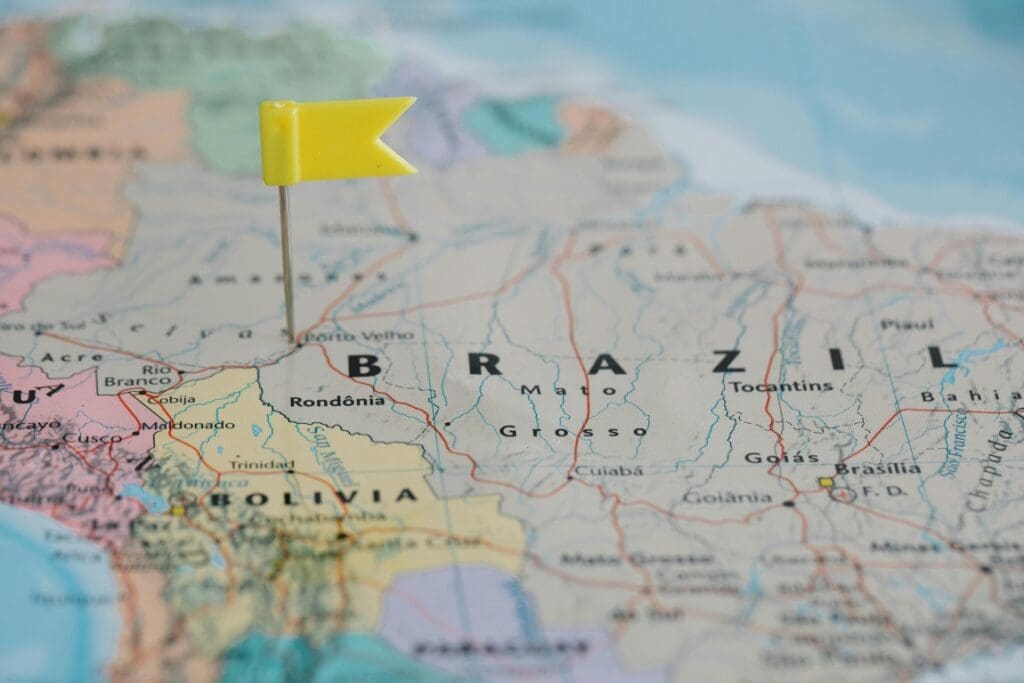Bees, often just thought of as insects that sting or make honey, play an incredibly crucial role in the delicate balance of our ecosystems and our food supply. These small, industrious creatures are essential pollinators, helping to fertilize plants by transferring pollen, which allows plants to reproduce. Without bees, many of the foods we take for granted would become scarce, leading to a cascade of problems for ecosystems and human societies alike.
The science of pollination: why bees matter?
Pollination is the process by which pollen from the male parts of a flower (the anthers) is transferred to the female parts of a flower (the stigma), leading to fertilization and the production of seeds and fruits. While wind and water can assist in pollination, bees are among the most effective pollinators due to their behavior and anatomy. As bees visit flowers to collect nectar (a sugary liquid) and pollen (a source of protein), they inadvertently transfer pollen between flowers. This mutual relationship benefits both parties: plants get to reproduce, and bees gather the food they need to survive.

According to a study published in the journal Nature Communications, insect pollinators – including bees – are “vital for the maintenance of ecosystem health and for global food security, with 75% of crop species, 35% of global crop production, and up to 88% of flowering plant species being dependent on insect pollinators to some extent.” This pollination is not just crucial for human food supply but also for maintaining biodiversity in natural ecosystems. Many wild plants depend on bees to reproduce, and these plants, in turn, support a wide range of other wildlife.
Bees and human food security
The variety of foods available to us relies heavily on bee pollination. Many of the fruits, nuts, and vegetables we eat depend on bees for pollination. Without bees, we would lose a significant portion of our crops, leading to reduced food diversity, higher prices, and potential nutritional deficiencies in human diets.
For instance, crops like almonds, apples, blueberries, and cherries are highly dependent on bees. The almond industry alone, which is a major agricultural sector in California, relies almost entirely on bees for pollination. Decline in bee populations could have severe consequences for food security, particularly in regions where agricultural output is heavily dependent on these pollinators .
The alarming decline of bee populations

Despite their importance, bee populations are declining at an alarming rate due to a combination of factors, including habitat loss, pesticide use, climate change, and diseases. This is a serious concern because bees play a crucial role in pollinating many plant species, which in turn affects the entire ecosystem. The loss of bees impacts not only the plants that rely on them for reproduction but also the animals and humans that depend on these plants for food and habitat.
One of the most significant threats to bees is the widespread use of pesticides, particularly neonicotinoids, which have been shown to impair bees’ ability to forage, navigate, and reproduce. Moreover, climate change is altering the timing of flowering in plants and the availability of food sources for bees, further stressing their populations.
What can be done to save the bees?
Given the critical role that bees play, it is essential to take steps to protect them. Governments, scientists, farmers, and even individuals can contribute to bee conservation efforts. Some of the measures include:
- Reducing Pesticide Use: Limiting or banning the use of harmful pesticides like neonicotinoids can help protect bee populations. Organic farming practices, which avoid synthetic chemicals, are also beneficial.
- Protecting Habitats: Conserving and restoring habitats where bees can thrive is crucial. This includes planting wildflowers, preserving meadows, and maintaining hedgerows.
- Supporting Research: Continued research into bee health, behavior, and the impacts of human activity on bees is essential. This research can inform policy and help develop strategies to mitigate the threats bees face.
- Educating the Public: Raising awareness about the importance of bees and encouraging bee-friendly practices, such as planting native flowers and reducing lawn mowing to allow wildflowers to bloom, can make a significant difference.
The Future depends on bees
Bees are more than just honey-makers; they are vital to the health of our planet and the survival of humanity. As the threats to bees continue to grow, it is increasingly important to understand and address the challenges they face. By taking action to protect bees, we are also protecting the future of our food supply and the natural world.
Without bees, life as we know it would be drastically different – less colorful, less diverse, and far less sustainable.
References:
1. Dave Goulson et al., ‘Bee declines driven by combined stress from parasites, pesticides, and lack of flowers’. Science 347, 1255957 (2015). DOI: 10.1126/science.1255957 | https://www.science.org/doi/10.1126/science.1255957
2. Potts, S. G., Biesmeijer, J. C., Kremen, C., Neumann, P., Schweiger, O., & Kunin, W. E. ‘Global pollinator declines: trends, impacts and drivers’, Trends in Ecology & Evolution 25(6), 345-353 (2010). DOI: 10.1016/j.tree.2010.01.007 | https://www.sciencedirect.com/science/article/abs/pii/S0169534710000364
3. Klein, A. M., Vaissière, B. E., Cane, J. H., Steffan-Dewenter, I., Cunningham, S. A., Kremen, C., & Tscharntke, T. ‘Importance of pollinators in changing landscapes for world crops’, Proceedings of the Royal Society B: Biological Sciences 274(1608), 303-313 (2007). DOI: 10.1098/rspb.2006.3721 |
https://royalsocietypublishing.org/doi/10.1098/rspb.2006.3721
4. Powney, G.D., Carvell, C., Edwards, M. et al. ‘Widespread losses of pollinating insects in Britain’. Nature Communications 10, 1018 (2019). DOI: 10.1038/s41467-019-08974-9 | https://www.nature.com/articles/ncomms8364
Featured image credit: Thomas | Pixabay




